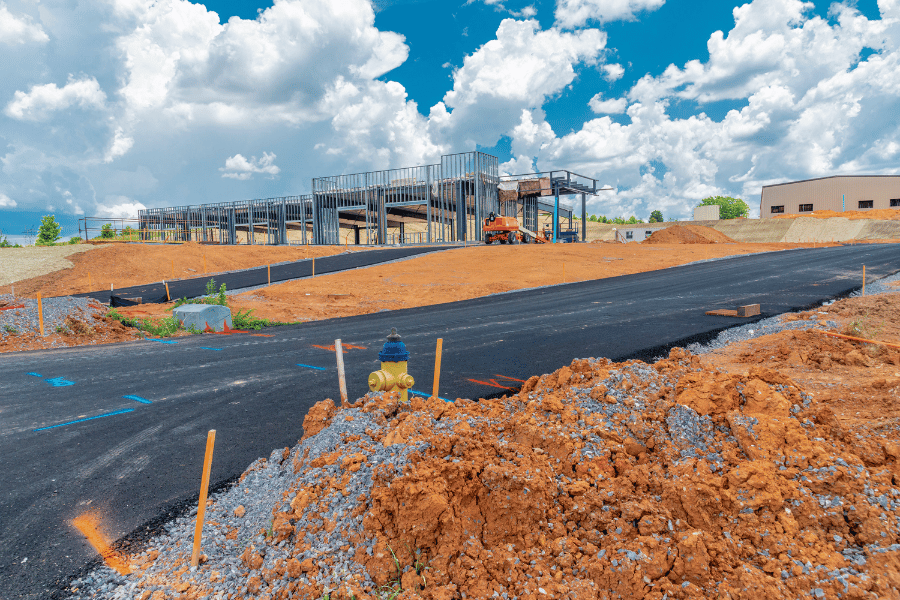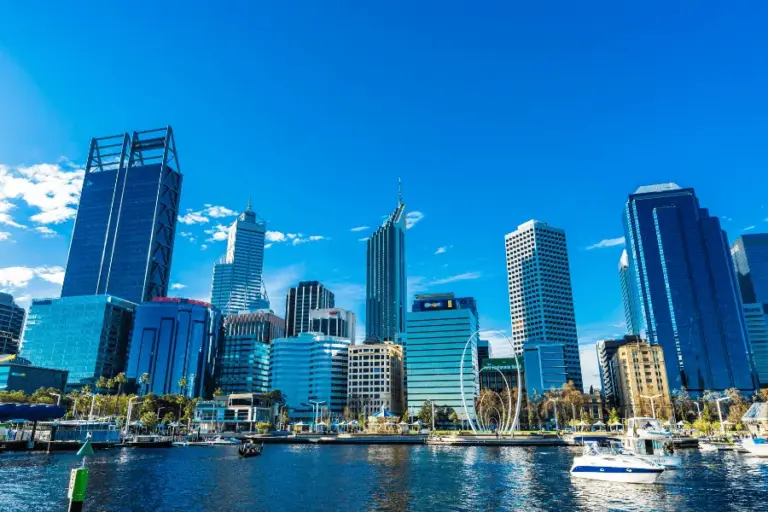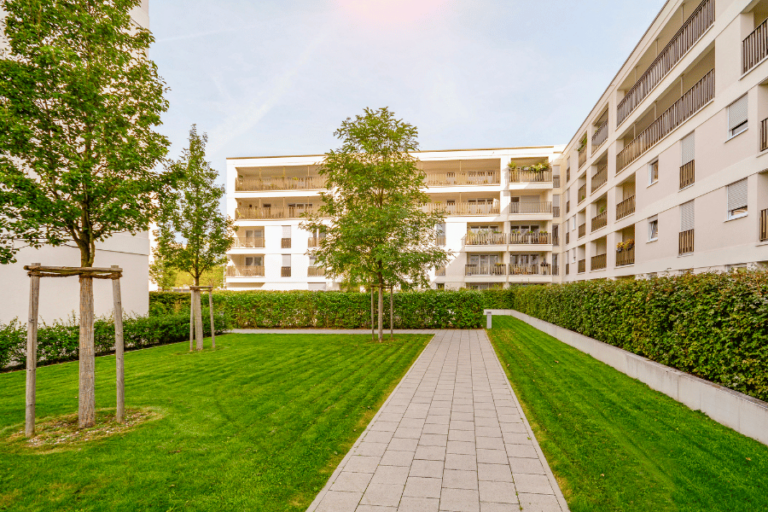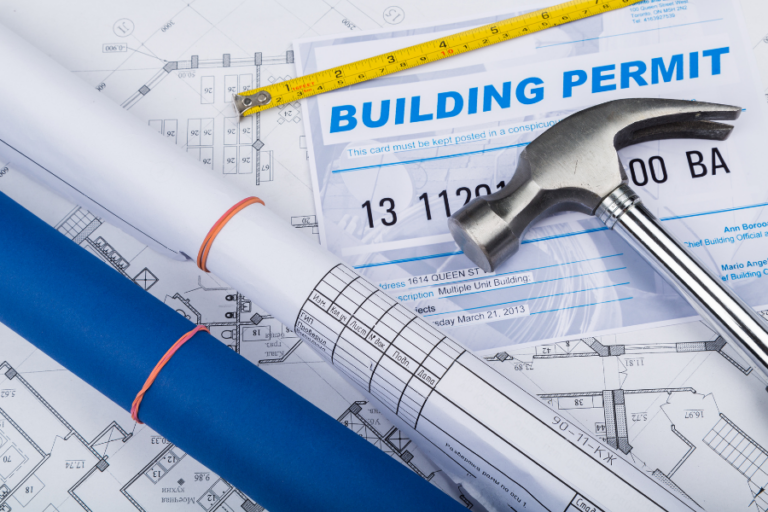Engineering Design Guidelines For Commercial Construction in Birmingham, AL
The City of Birmingham in Alabama has adopted a set of engineering design guidelines for subdivisions and commercial developments. These guidelines are designed to ensure that new development is safe, efficient, and compatible with the surrounding community. Luckily, we coordinate with local, state, and federal agencies to help secure all necessary permits for commercial construction in Birmingham, AL.
Engineering Design Guidelines For Commercial Construction in Birmingham, AL
The guidelines are intended to be used by developers, engineers, and other professionals who are involved in the planning and design of new development. They can also be used by residents and other members of the community to learn more about the standards that are applied to new development in Birmingham.
The guidelines cover a wide range of topics, including:
Street design
Stormwater management
Utilities
Landscaping
Signage
Pedestrian and bicycle facilities
Public art
Why Are City Guidelines For Construction Important?
City guidelines for construction are essential for a multitude of reasons. Firstly, they prioritize safety by ensuring that construction projects are conducted in a manner that safeguards the well-being of workers, residents, and the general public. These guidelines may encompass safety training requirements for workers, the enforcement of safety equipment usage, and the implementation of robust safety procedures. Secondly, city guidelines contribute to environmental protection by promoting sustainable practices, such as the use of eco-friendly materials, pollution reduction measures, and the preservation of natural resources. Additionally, these guidelines enhance community livability by mandating the provision of public spaces, the creation of pedestrian-friendly environments, and the seamless integration of new developments with the existing community fabric. Furthermore, city guidelines foster aesthetic improvements within communities by stipulating the use of compatible materials, designing buildings that harmonize with their surroundings, and creating visually appealing streetscapes. Moreover, city guidelines can be tailored to address specific community needs, such as floodplain management guidelines for cities prone to flooding or earthquake safety guidelines for seismically active areas. Overall, city guidelines for construction serve as a comprehensive framework to ensure safety, protect the environment, enhance community livability, and improve the overall aesthetics of cities while addressing unique local challenges and considerations.
City guidelines for construction can be a complex and ever-changing set of rules. However, they are an important part of ensuring that construction projects are safe, environmentally friendly, and compatible with the surrounding community.
Here are some additional benefits of city guidelines for construction:
Increased efficiency: City guidelines can help to streamline the construction process by providing clear and consistent requirements. This can lead to shorter construction timelines and lower costs.
Improved quality: City guidelines can help to ensure that construction projects are built to a high standard of quality. This can lead to buildings that are more durable, energy-efficient, and safe.
Increased public confidence: City guidelines can help to increase public confidence in the construction industry. This can lead to increased investment in new construction projects.
Birmingham, AL Commercial Construction Guidelines
Here are some of the key features of the engineering design guidelines for Birmingham, AL:
Street design: The guidelines require that streets be designed to accommodate all users, including motorists, pedestrians, bicyclists, and transit riders. Streets should be wide enough to accommodate two-way traffic, and they should have sidewalks and bike lanes.
Stormwater management: The guidelines require that developers develop plans to manage stormwater runoff from new development. This can be done through a variety of methods, such as installing detention ponds, swales, and rain gardens.
Utilities: The guidelines require that developers install adequate water, sewer, and gas lines to serve new development. They also require that developers install streetlights and other infrastructure.
Landscaping: The guidelines require that developers landscape new development with native plants. This helps to improve the appearance of the development, and it also helps to conserve water.
Signage: The guidelines regulate the size, type, and location of signs in new development. This helps to ensure that signs are not a nuisance to residents and that they do not detract from the appearance of the development.
Pedestrian and bicycle facilities: The guidelines require that developers provide safe and convenient pedestrian and bicycle facilities in new development. This helps to encourage people to walk and bike instead of driving, which can help to reduce traffic congestion and improve air quality.
Public art: The guidelines encourage developers to incorporate public art into a new development. Public art can help to make development more attractive, and it can also help to tell the story of the community.
The engineering design guidelines are an important tool for ensuring that new development in Birmingham is safe, efficient, and compatible with the surrounding community. They can help to create a more livable city for all residents.
Applying For Engineering Division Permits
Projects involving the installation of public works require a Civil Construction permit. Public works include structures like public streets, roads, sidewalks, and storm sewers, including stormwater detention/retention facilities. It’s important to know that a Building permit does not authorize public works installation. To streamline the permit application process, it is recommended to submit one set of civil engineering drawings and necessary documentation for a preliminary review. When applying for the Civil Construction permit, you need to provide four sets of the civil/public works sections of the project plans along with a completed permit application. Ensure that your plans include a note stating compliance with the latest edition of the City of Birmingham’s Standard Specifications for the Construction of Public Works Projects. The plans must be signed, sealed, and dated by a licensed professional engineer who specializes in civil engineering and holds a valid license to practice in Alabama. Plan reviews typically take about three business days to complete. Lastly, all projects must adhere to the Soil Erosion and Sediment Control Ordinance.
Have It Built By Valenti
Valenti has been in business since 1996 providing top-notch commercial and residential construction services. Let us handle all aspects of your commercial construction project in Birmingham, AL. Contact us today to discuss further and get started!







